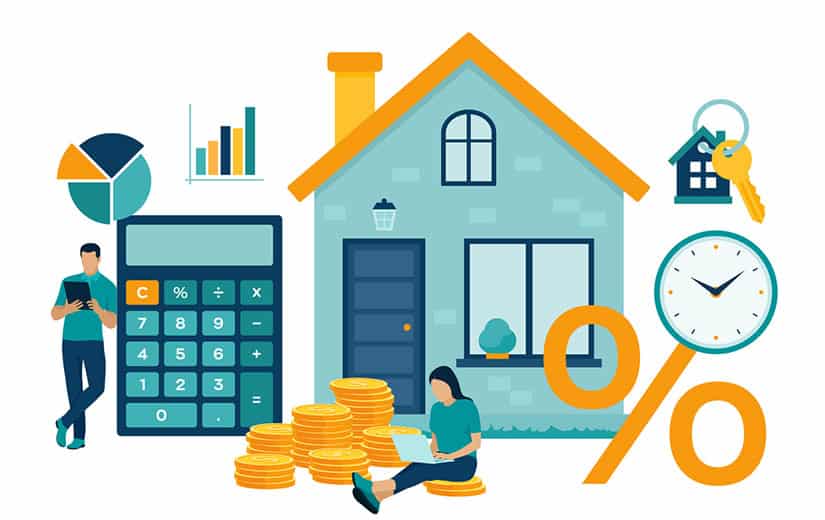The auto-entrepreneur status is accessible to individual entrepreneurs and EURLs whose turnover does not exceed a certain threshold. Auto-entrepreneurs benefit from simplified accounting and tax obligations, but they must however be understood.
Summary
Keep a book of receipts cashed
Auto-entrepreneurs benefit from a reduction in the number of accounting obligations. Indeed, they are not required to call on a chartered accountant or to provide an income statement or an end-of-year balance sheet. They must nevertheless meet certain mandatory formalities, in particular by keeping a book of receipts collected which lists all the receipts collected within the framework of the auto-entrepreneurial activity.
If the form of the receipts book is quite free (paper accounting book, official model downloaded from the Internet, specific accounting software, etc.), this mandatory document must show: the date of collection of the receipts, the reference of the invoice or estimate, the nature and amount of the service, the method of payment.
Keep a record of purchases
Only micro-entrepreneurs who sell goods, supplies and foodstuffs to be consumed on site or to take away, and those providing accommodation services are concerned by the obligation to keep a register of purchases. This document, which, like the recipe book, cannot be modified, must mention: the date of purchase and its reference, the name of the supplier, the nature and amount of the purchase, the method of payment.
Open a business bank account
Since 2015, auto-entrepreneurs must open an account dedicated to their professional activity within 12 months of creating their business. This account is intended to collect receipts, pay purchases and expenses related to self-employment, collect remuneration which will then be paid into a personal account. It also makes it possible to have means of payment dedicated to the professional activity and to obtain credit.
It is possible to open a professional account or a personal account dedicated to this activity with a traditional bank, an online bank or even a neobank. Revolut, Shine, Anytime, N26… These players stand out by offering simplified subscription and lower fees.
Issue invoices to customers
Auto-entrepreneurs are required to submit invoices to their customers for each sale or service. These invoices must include several particulars:
- The date of issue
- A number assigned in chronological order
- The date of delivery or performance
- The name, address of the auto-entrepreneur and his SIREN number
- Customer’s name and address
- A detailed description of the services provided, with the quantity and the unit price
- The total amount billed
- The words “VAT not applicable, art. 293 B of the CGI” if the auto-entrepreneur is VAT-free
Declare income tax
Each year, auto-entrepreneurs must declare the income related to the professional activity by deferring the amount of their annual turnover on the declaration n ° 2042 C Pro. The terms and conditions concerning the completion of this form depend on the option taken or not by the professional for the discharge tax deduction. In all cases, the administration will apply to the turnover declared an allowance for professional expenses depending on the sector of activity: 71% for the activities of purchase and resale of goods, 50% for the provision of services falling within the BIC, 34% for services provided by the BNC.
Declare and pay your dues
The auto-entrepreneur must pay URSSAF contributions each month or each quarter. Their amount depends on the turnover declared, but also on a rate varying according to the activity carried out. To declare, simply go to the net-entreprises.fr website and then enter your turnover in the dedicated area.
Declare and pay the CFE
Since 2015, auto-enterprises have had to pay the business property tax (CFE). Those who declare a turnover of less than 5,000 euros per year are however exempt from this tax since January 1, 2019.



